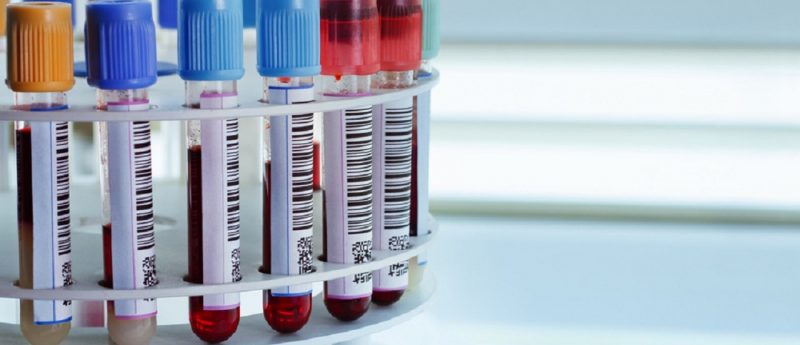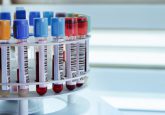Accuracy of commercially available laboratory tests assessed potentially variable

An in-depth analysis of basic blood tests performed by commercial laboratories has been carried out by scientists from the Icahn School of Medicine at Mount Sinai (NY, USA) to evaluate the comparability of tests run by different laboratories. Findings indicated that results were significantly influenced by testing service and time of collection, highlighting the importance of awareness of the accuracy and variability of test results often used to determine disease diagnosis, prescription needs or drug efficacy.
First designed in early 2015, with data collected in July 2015, the IRB-approved research study compared the results from blood tests on healthy adults conducted at LabCorp, Quest Diagnostics, and Theranos. Multiple samples were collected from the same individuals and variables such as age, sex and time of blood collection, among others, were controlled for.
Significant differences between test providers were identified for more than half of test results. Among the most consistent results were triglyceride levels and red blood cell counts, whereas white blood cell counts and overall cholesterol levels exhibited the most variability. Results were also flagged as abnormal by Theranos 1.6 times more often than those from LabCorp or Quest.
Finally, blood samples collected earlier in the day differed significantly from samples collected from the same subjects later on.
“While most of the variability we found was within clinically accepted ranges, there were several cases where inaccurate results would have led to incorrect medical decisions,” explained Joel Dudley, senior author on the paper (Icahn School of Medicine at Mount Sinai). “We hope this study will inspire the biomedical community to take a critical look at all testing variables to ensure that lab results are as robust and reproducible as possible.”
Despite common blood tests, which typically return a single data point or a few data points, being the focus of the study, Mount Sinai scientists indicated that rich data for statistical analysis can still be generated by these standard blood tests. This project alone resulted in 18,000 data points from 14 samples that generated 22 lab results for each of 60 subjects.
Although most results of the analysis were within normal ranges, the presence of even a small amount of inaccurate data mixed in could lead to scientific or clinical studies coming to erroneous conclusions.
Co-senior author Eric Schadt (Icahn School of Medicine at Mount Sinai) commented: “These testing disparities occurred despite rigorous laboratory certification and proficiency standards designed to ensure consistency.
“Our results suggest the need for greater transparency in lab technologies and procedures, as well as a much more thorough investigation of biological mechanisms that may contribute to more dynamic levels than we currently understand.”
Sources: Kidd B, Hoffman G, Zimmerman N et al. Evaluation of direct-to-consumer low-volume lab tests in healthy adults. Journal of Clinical Investigation. DOI: 10.1172/JCI86318Icahn (2016)
School of Medicine at Mount Sinai press release




